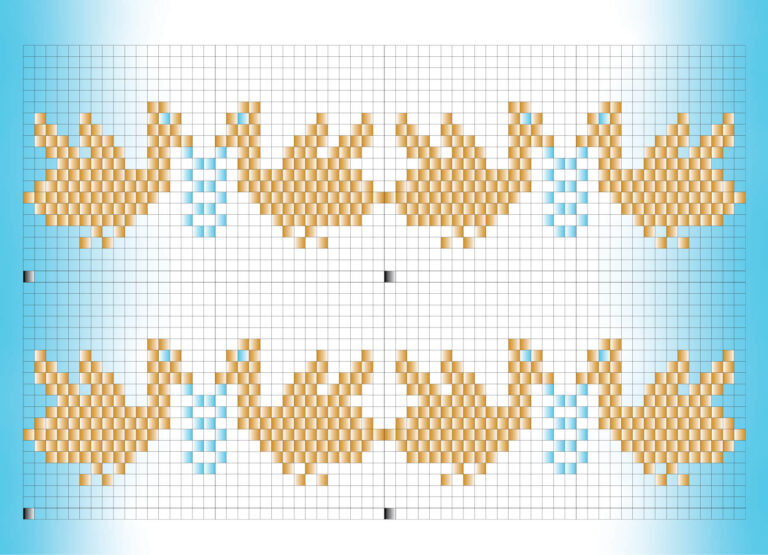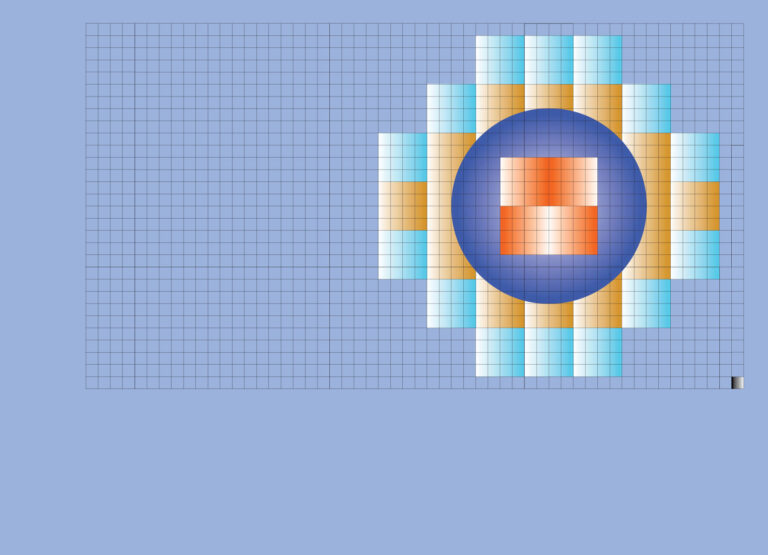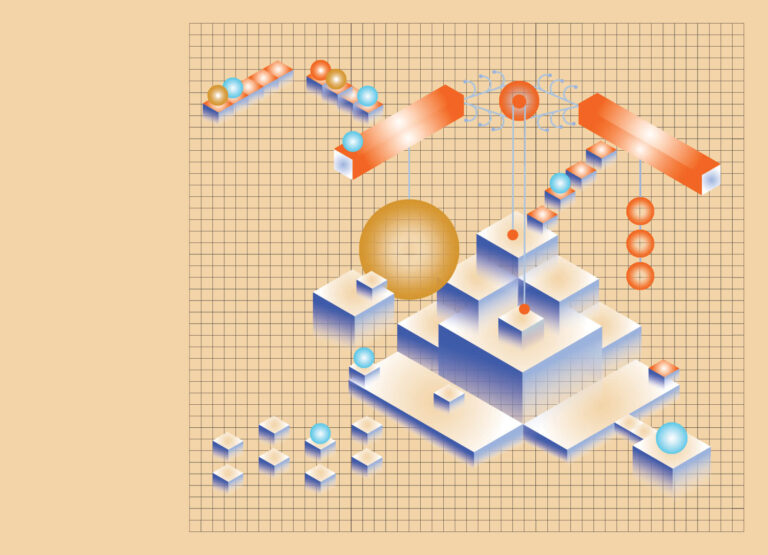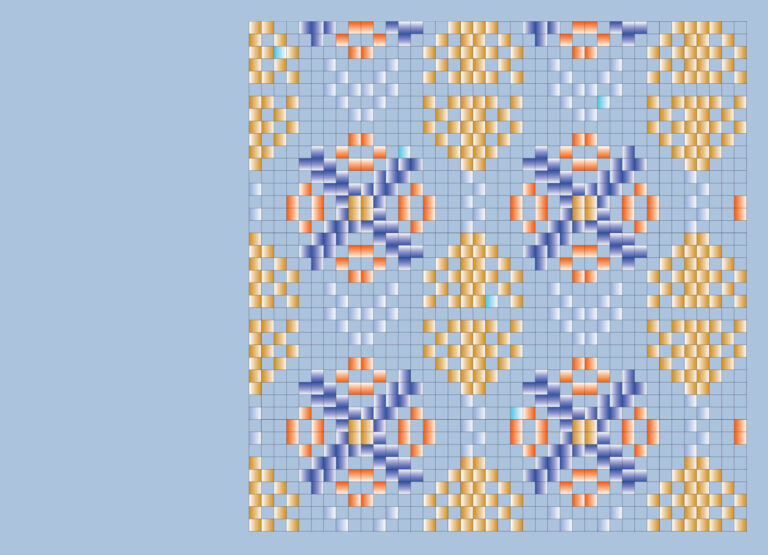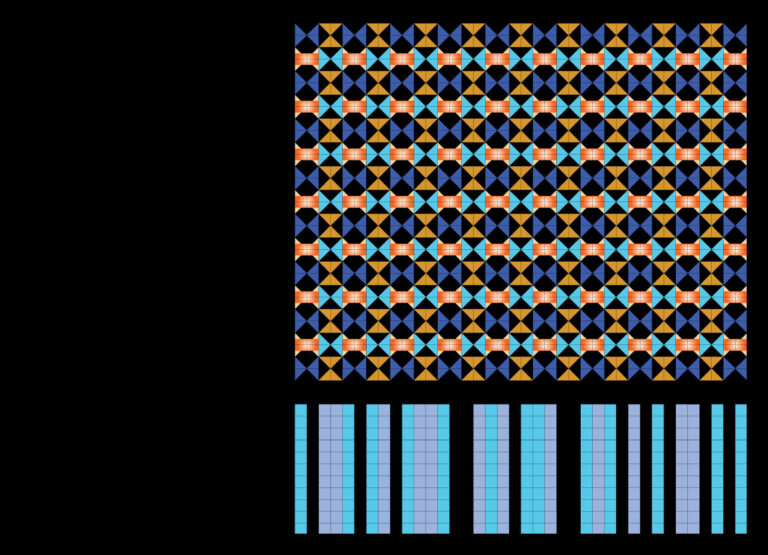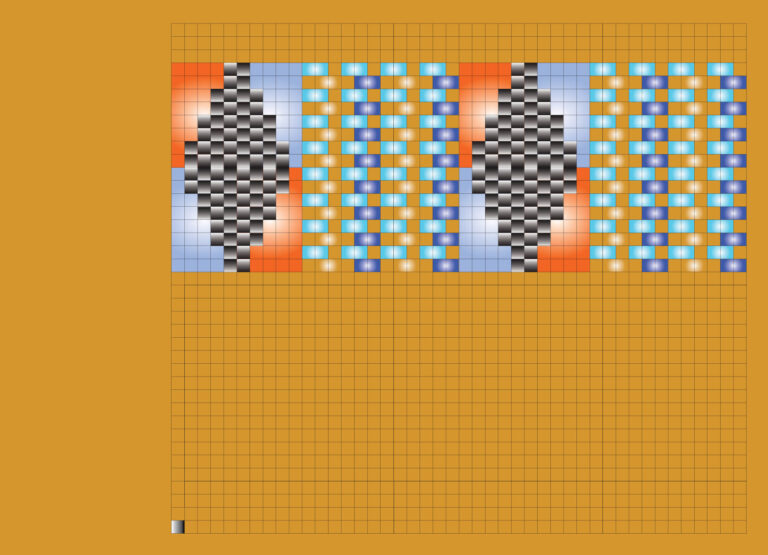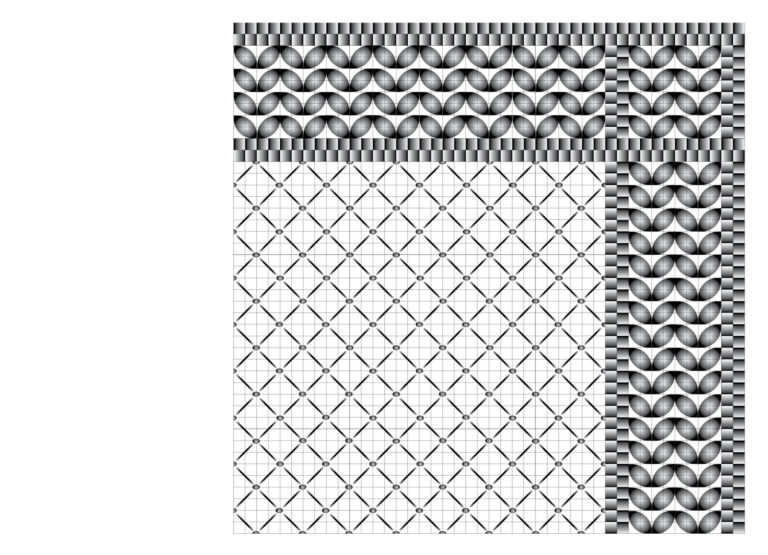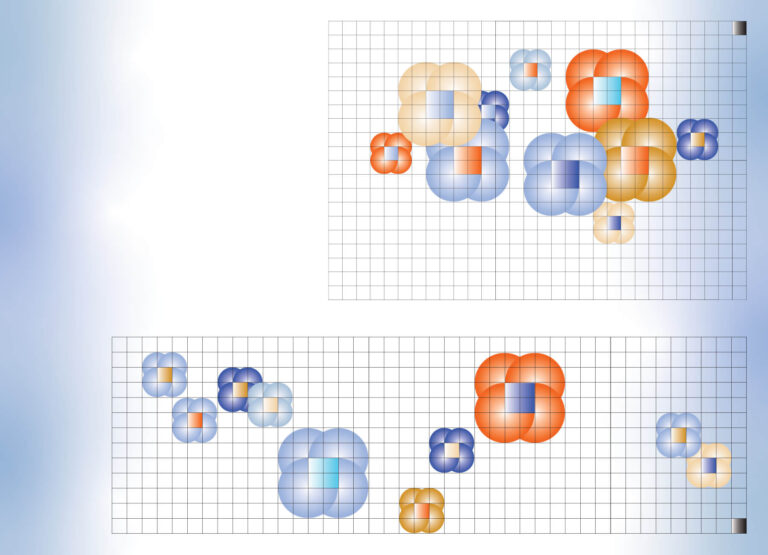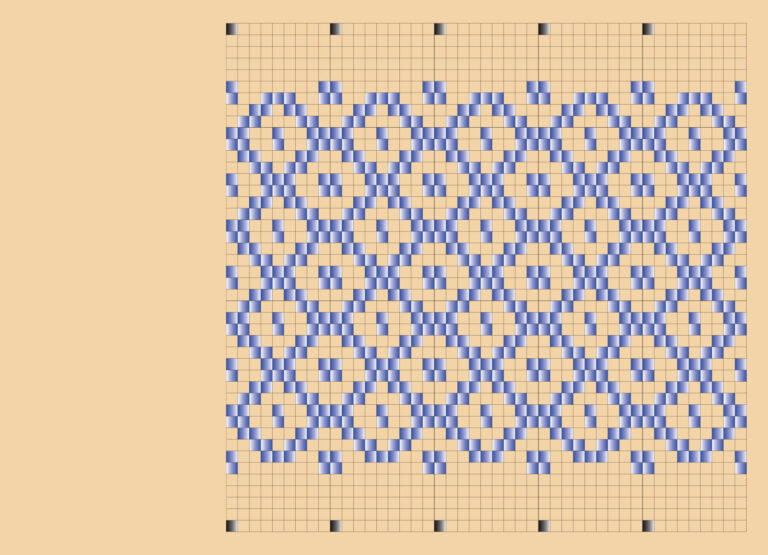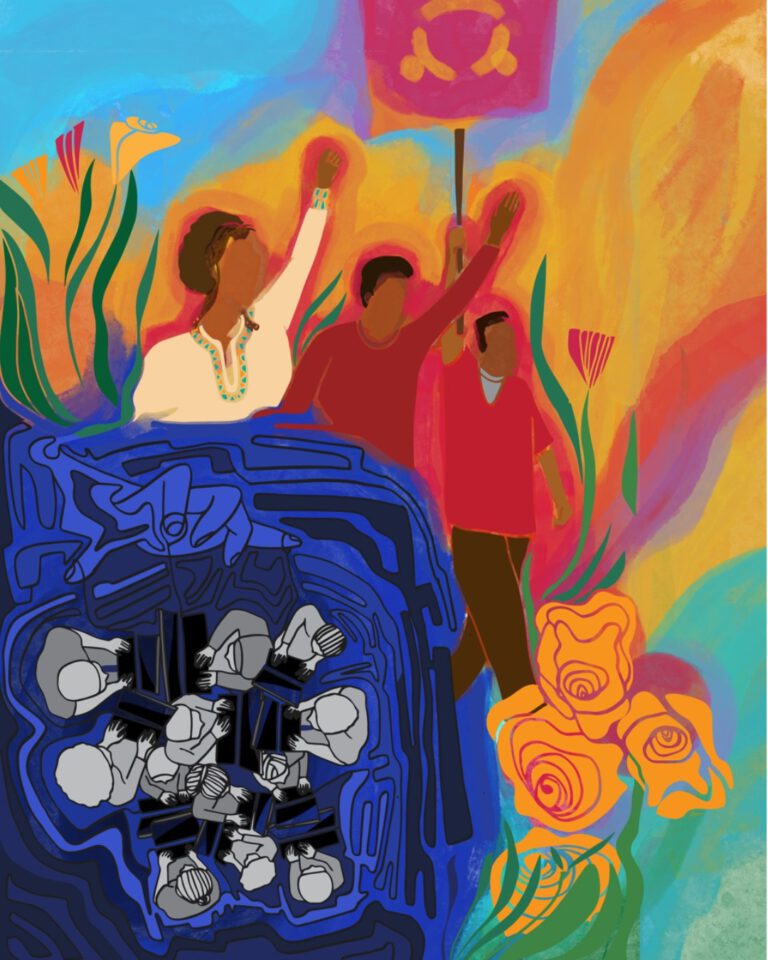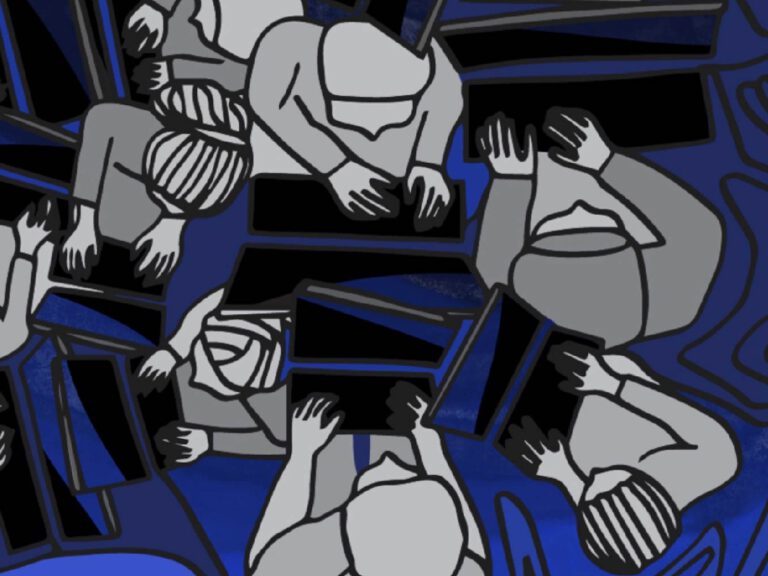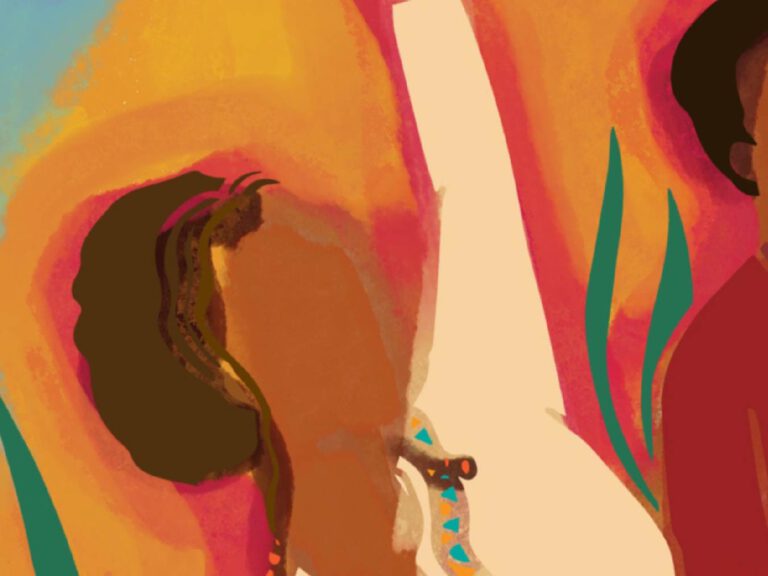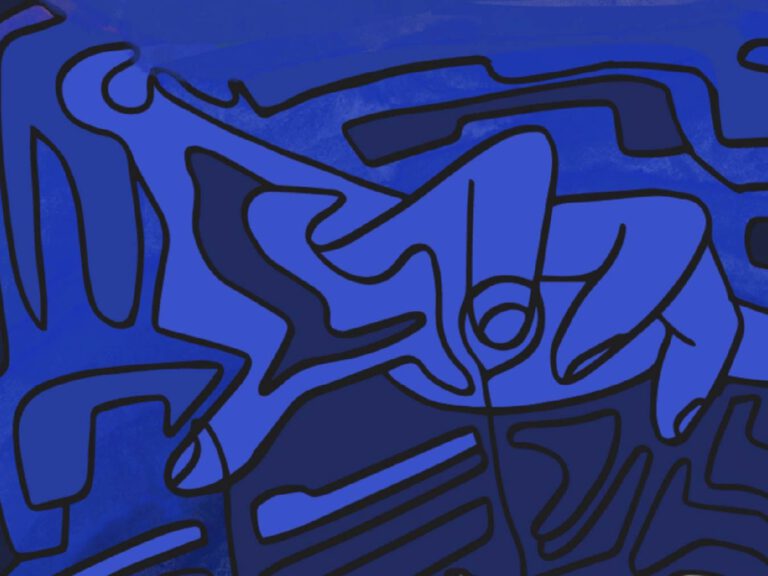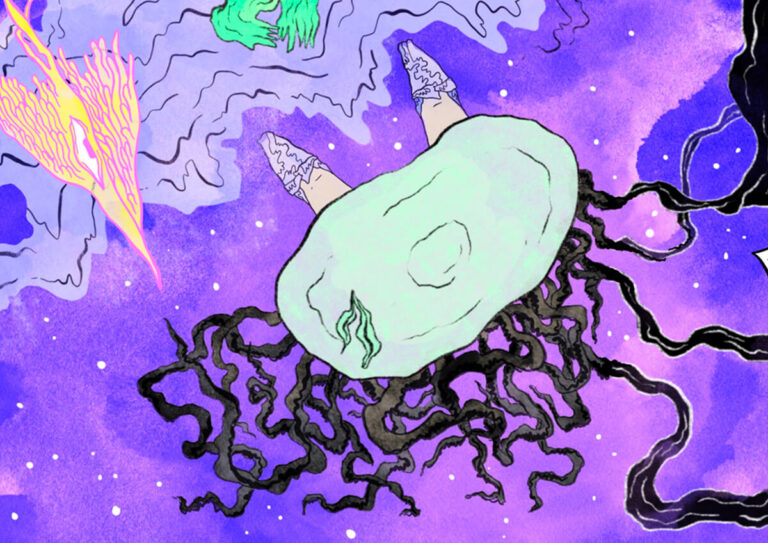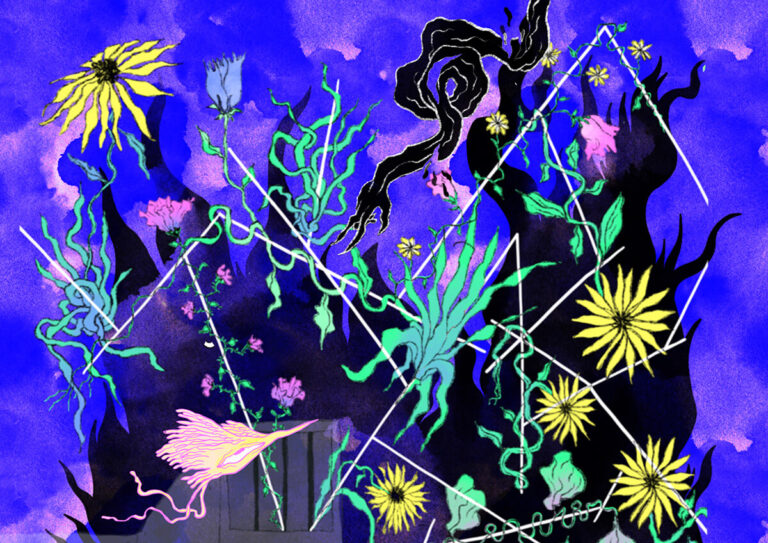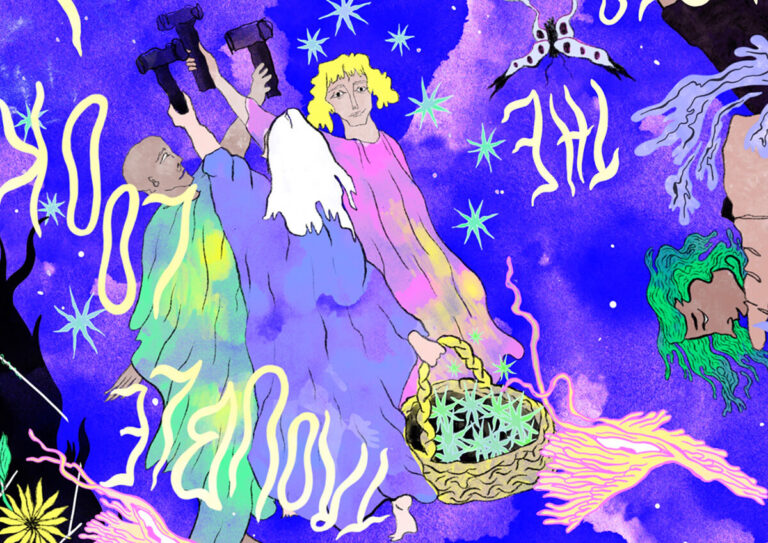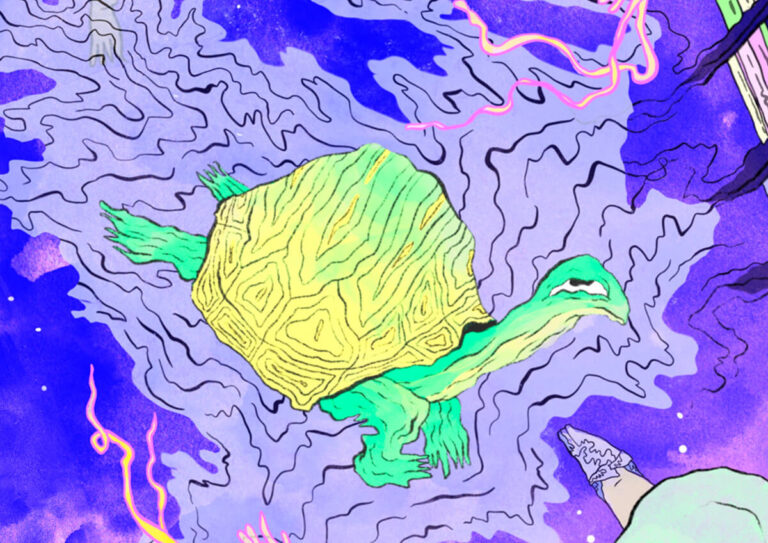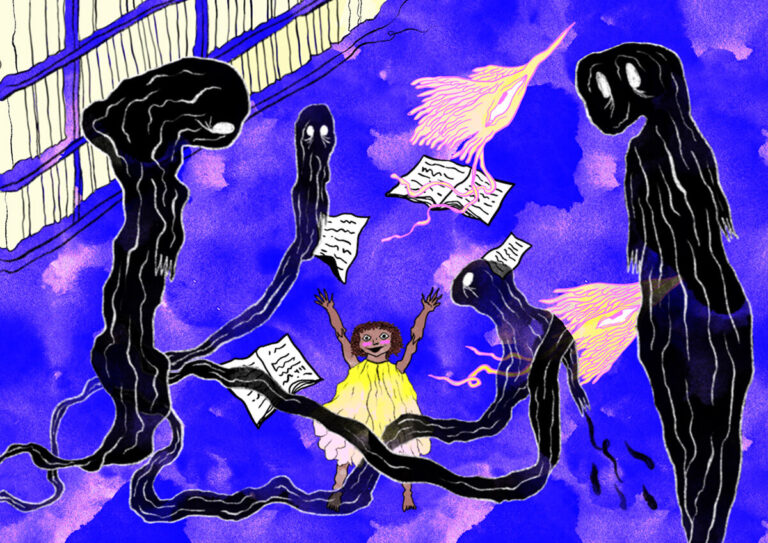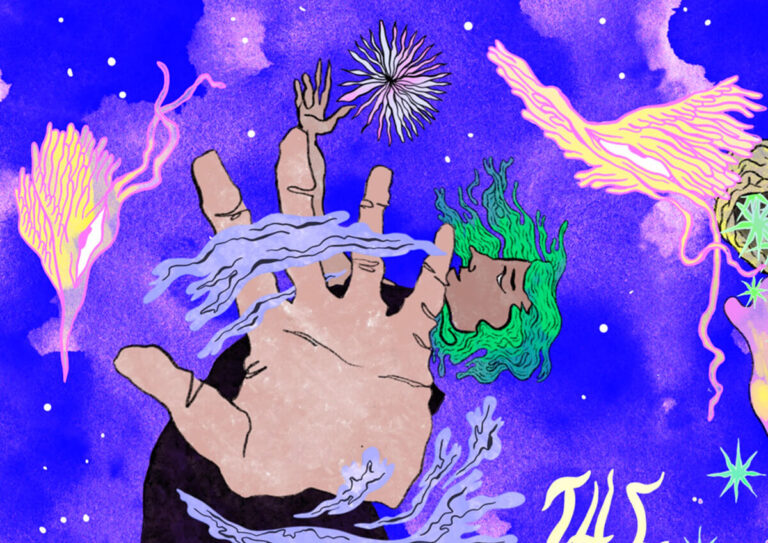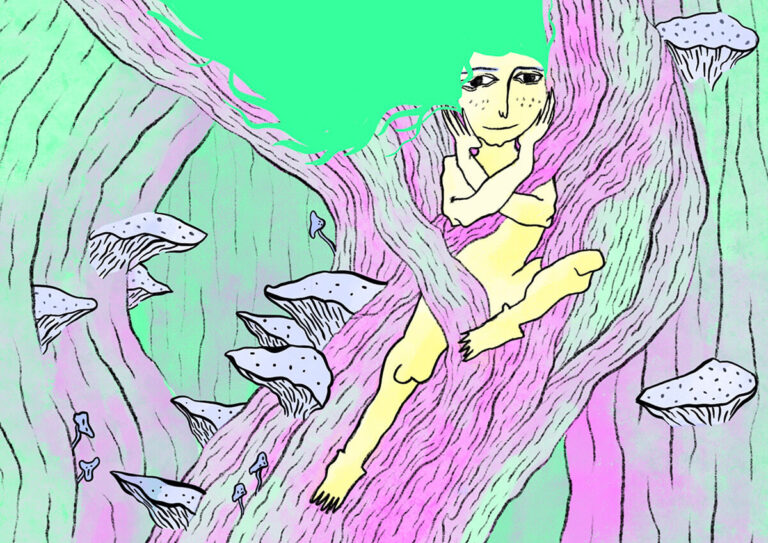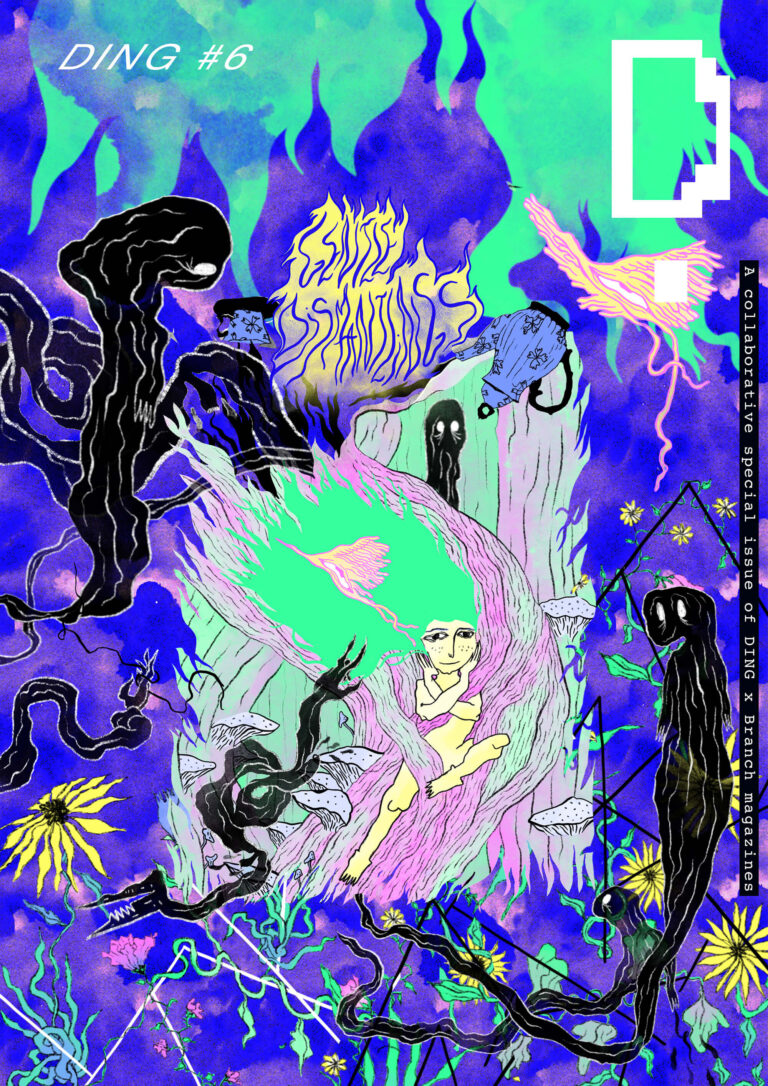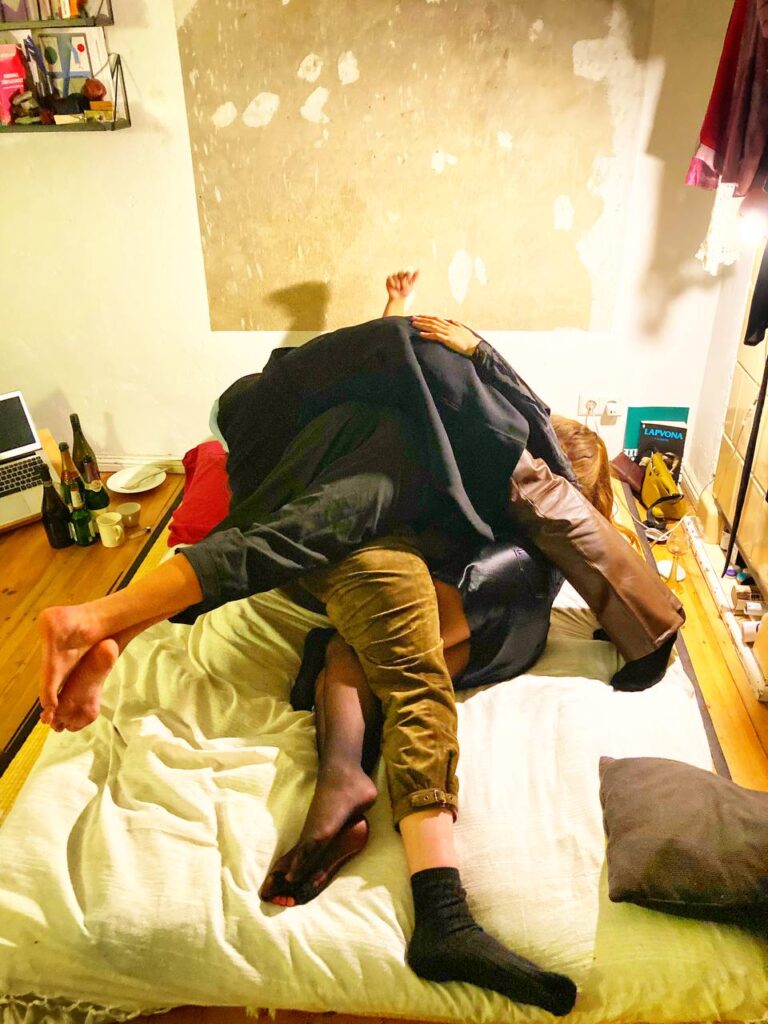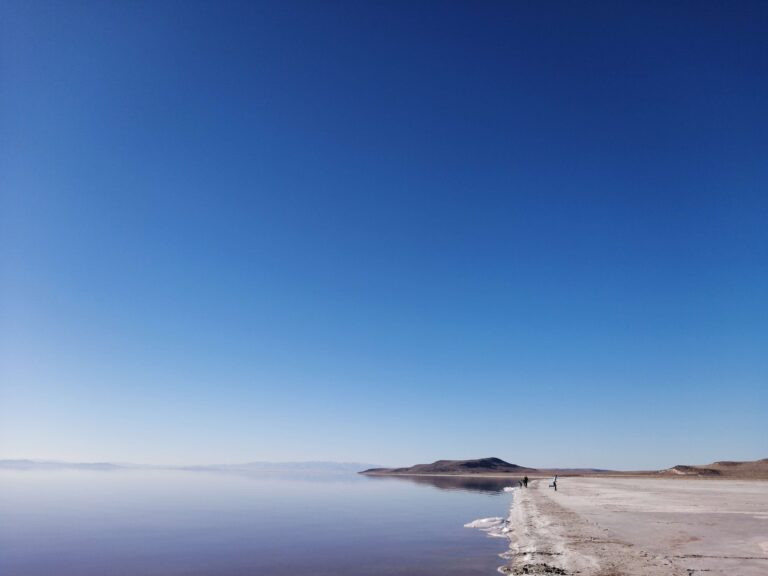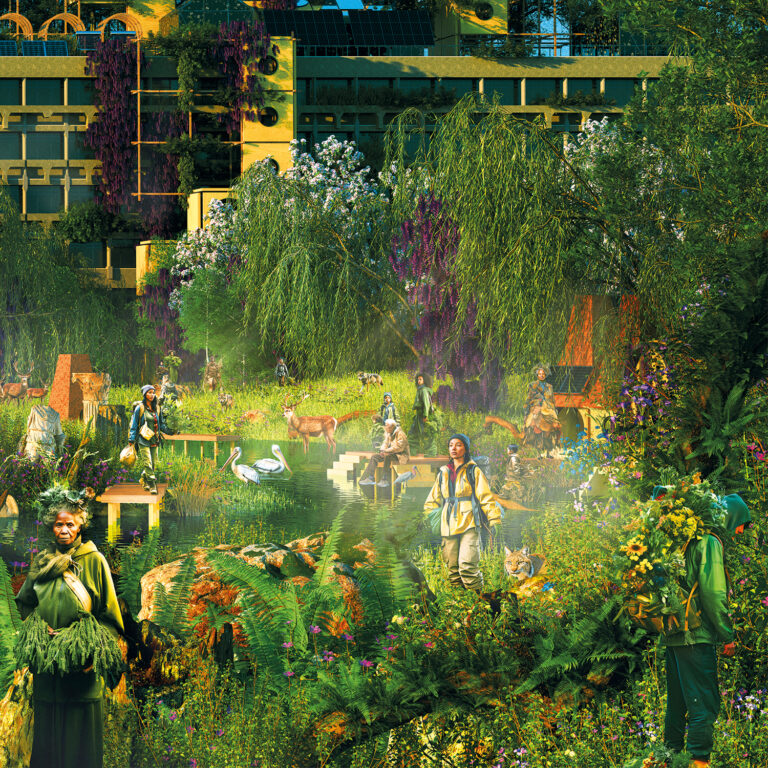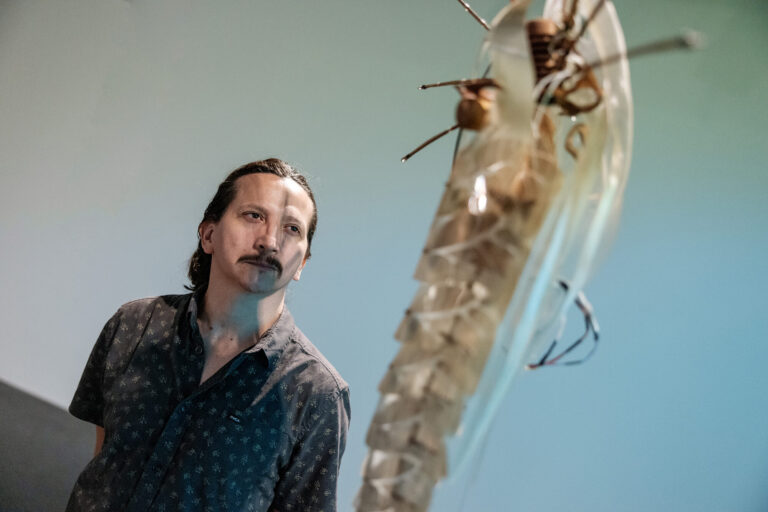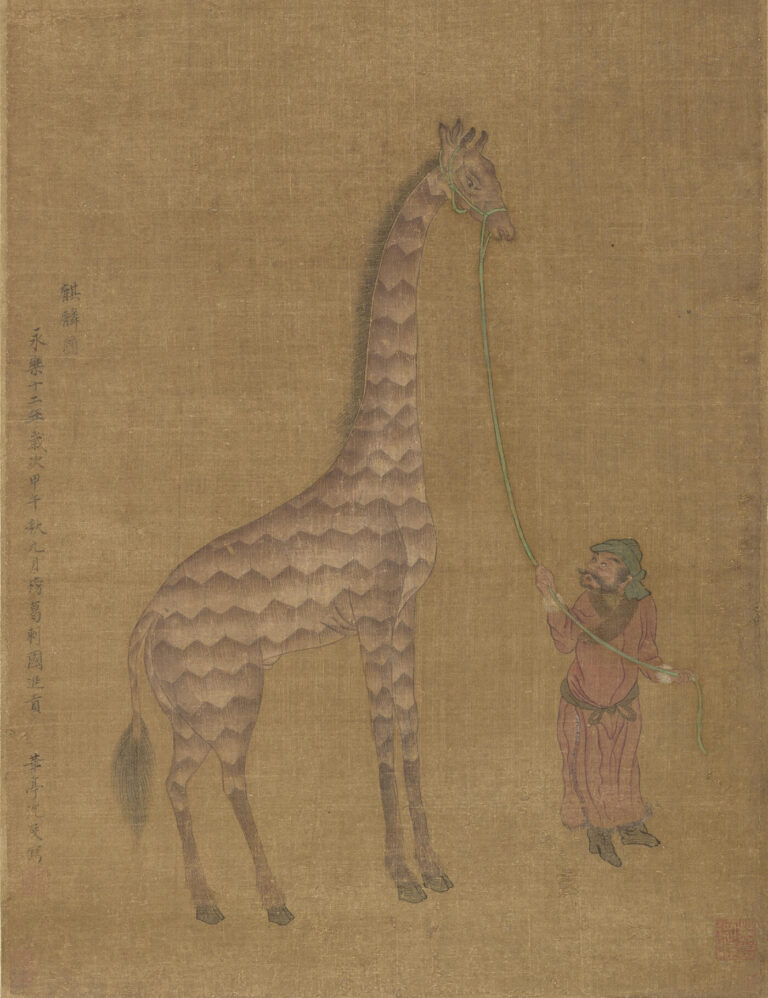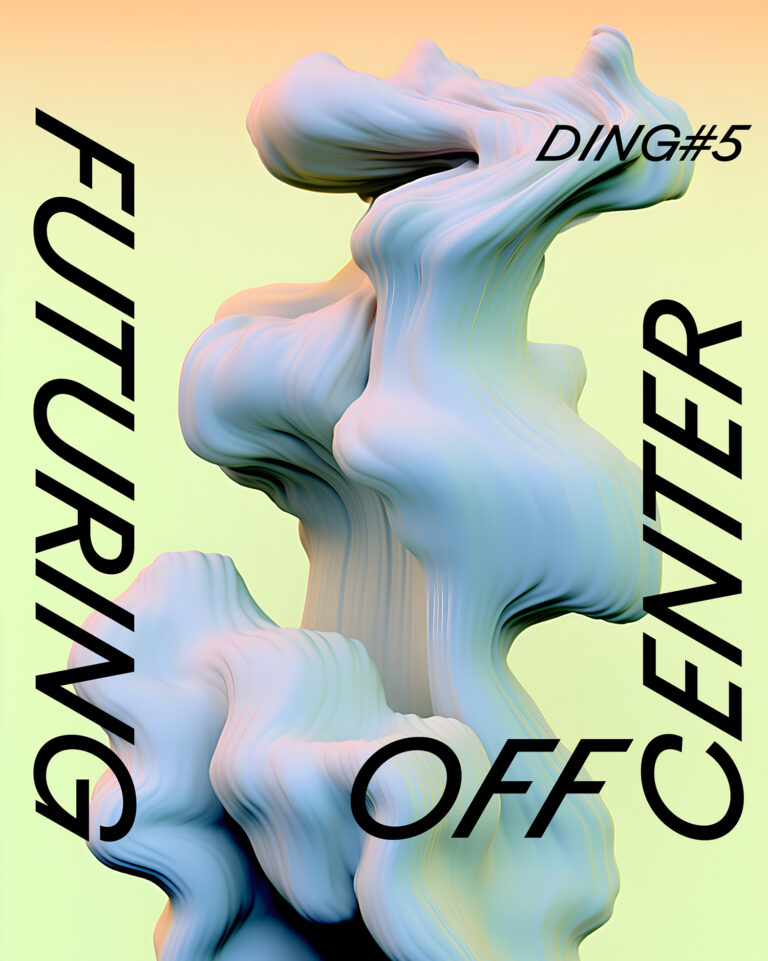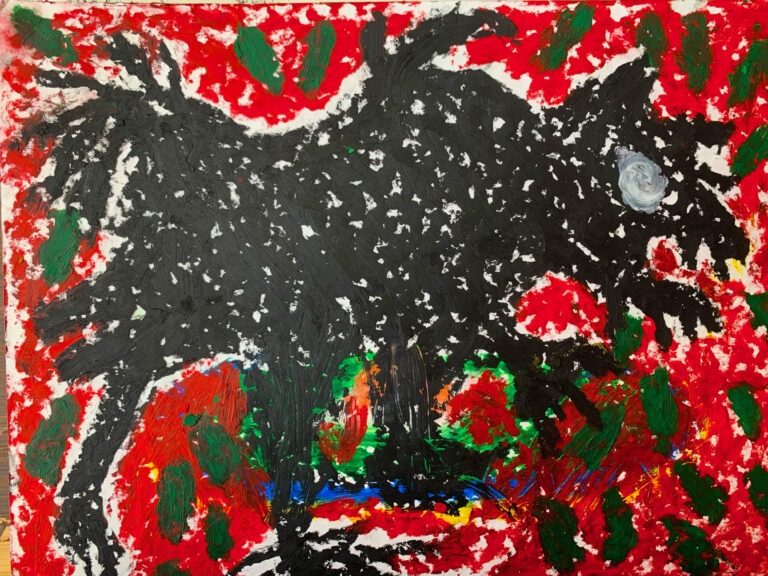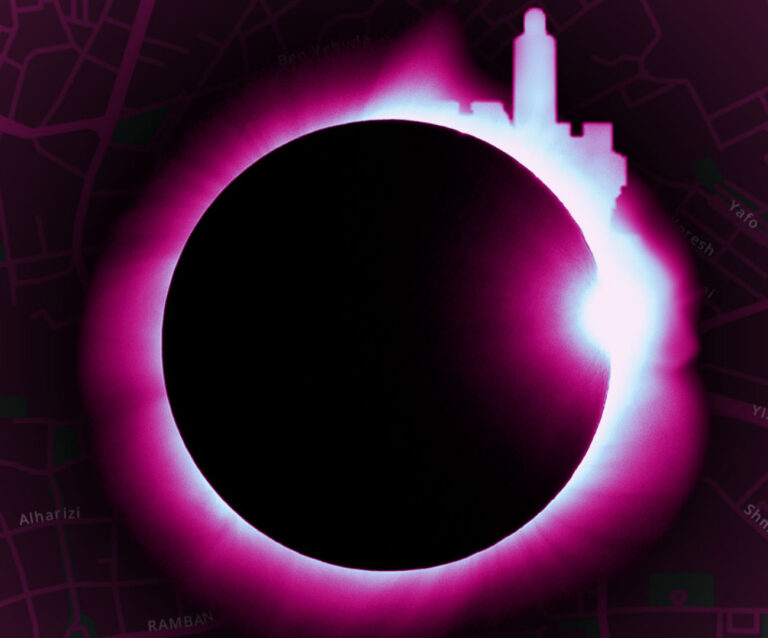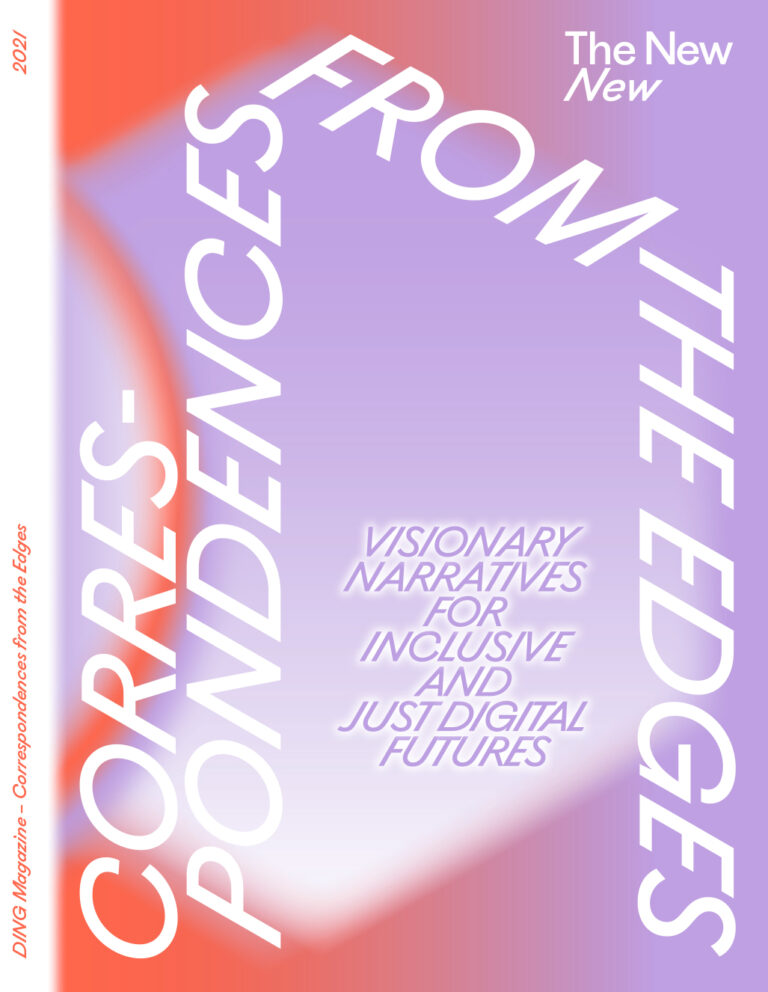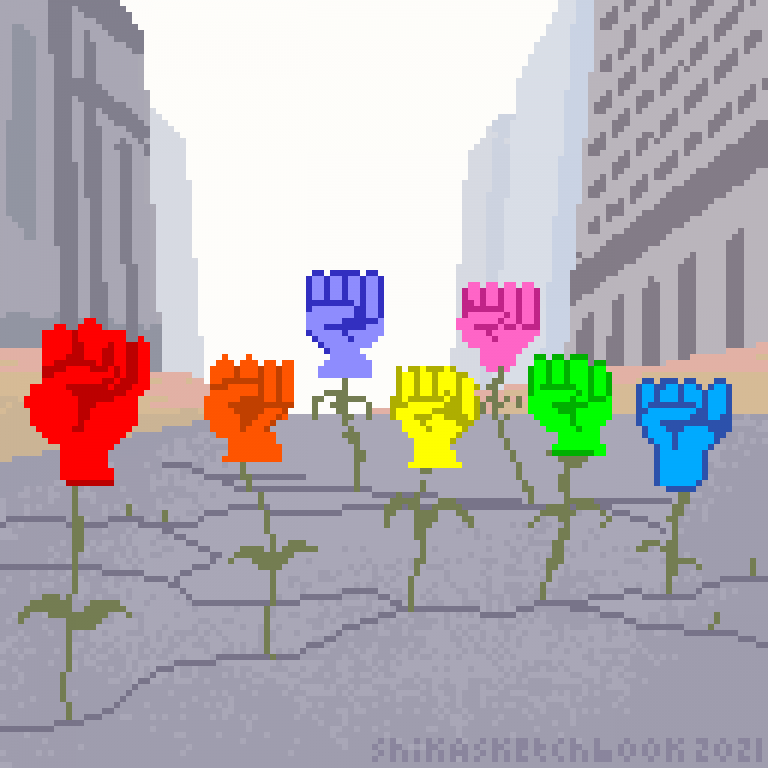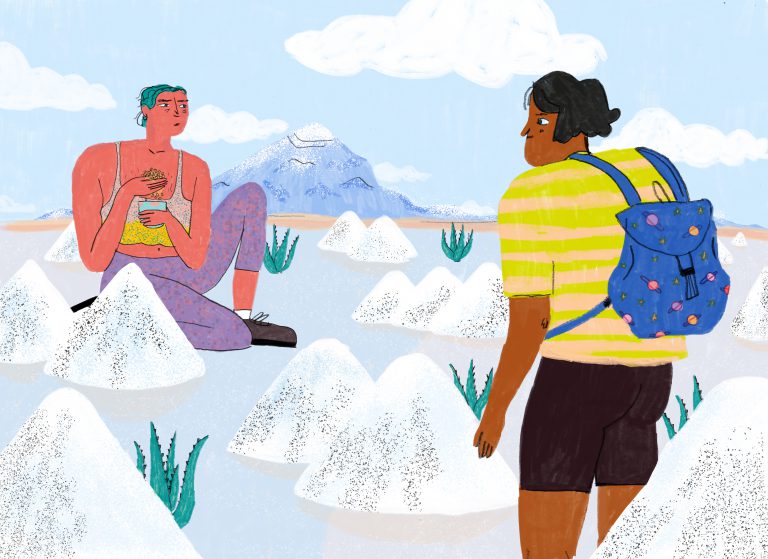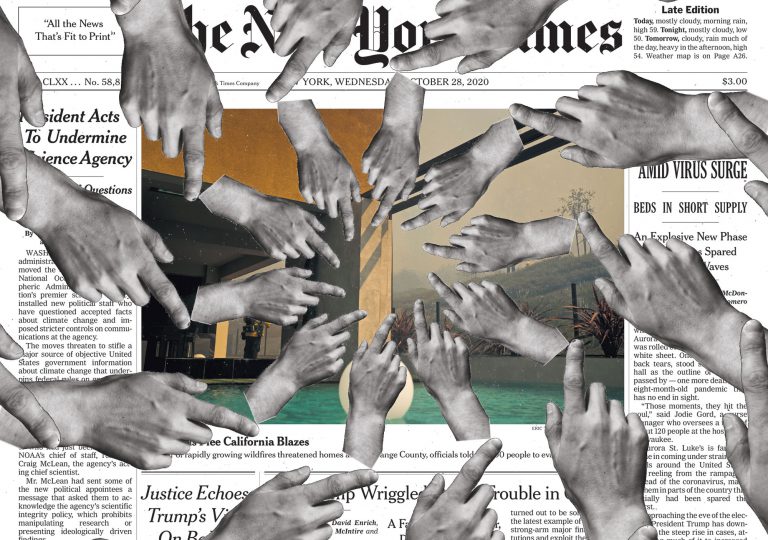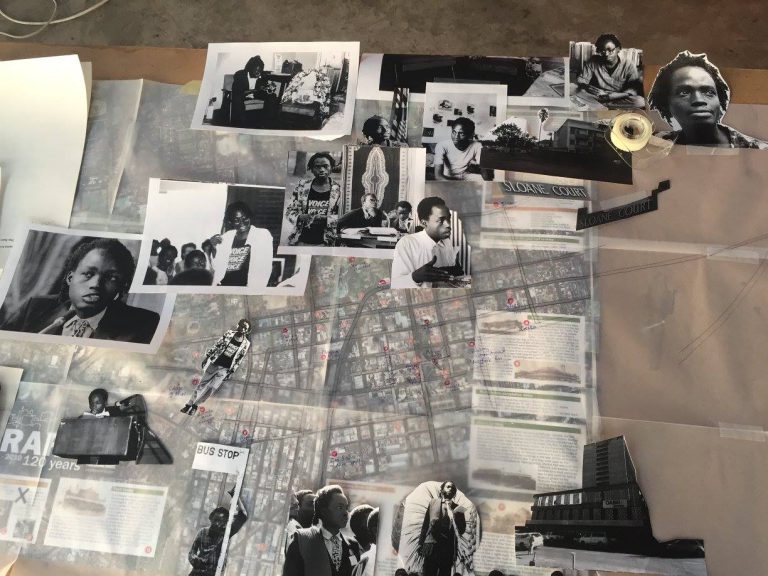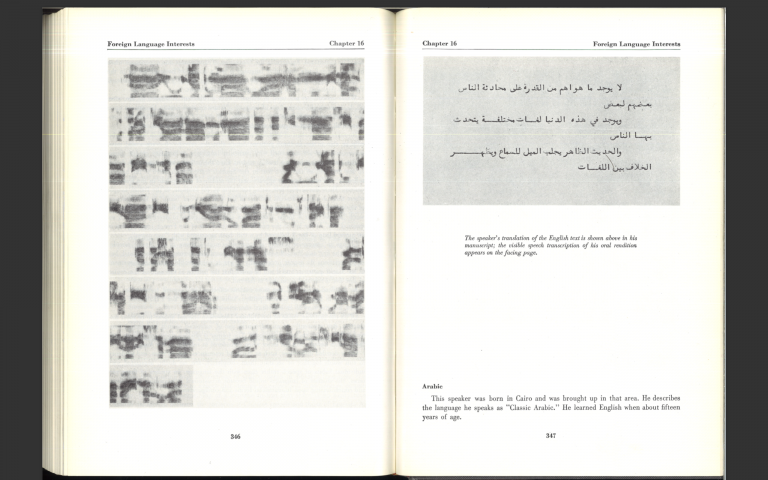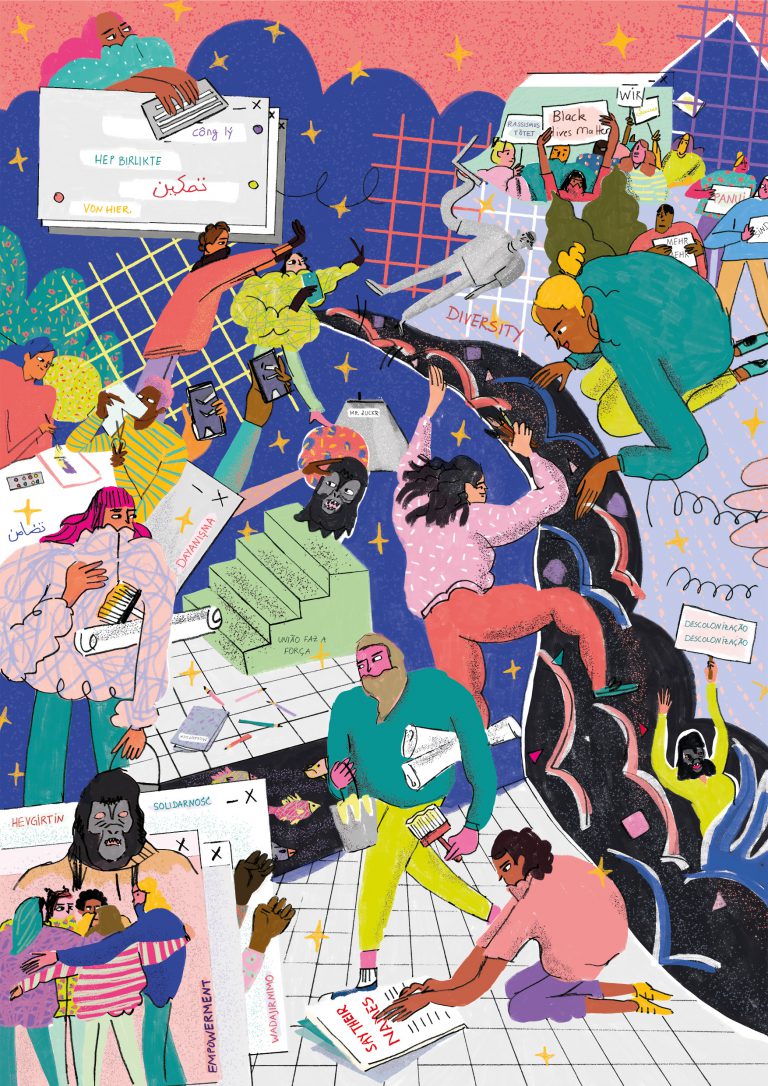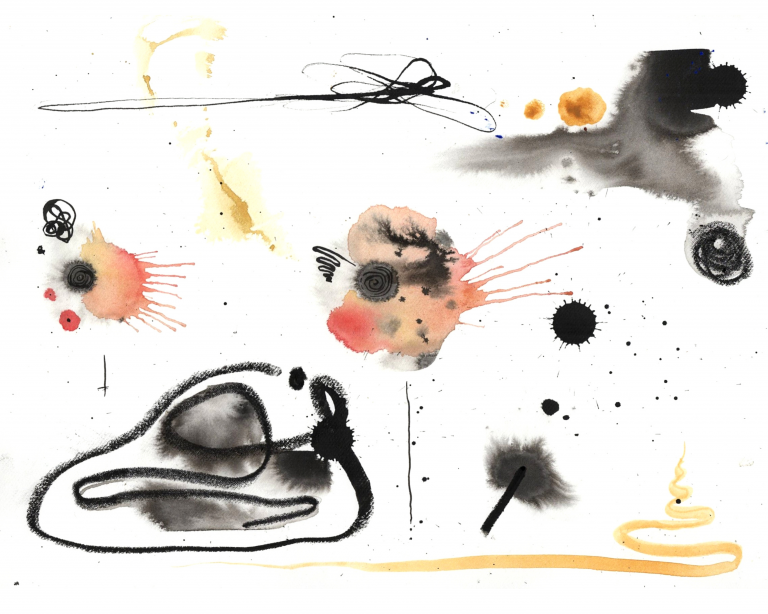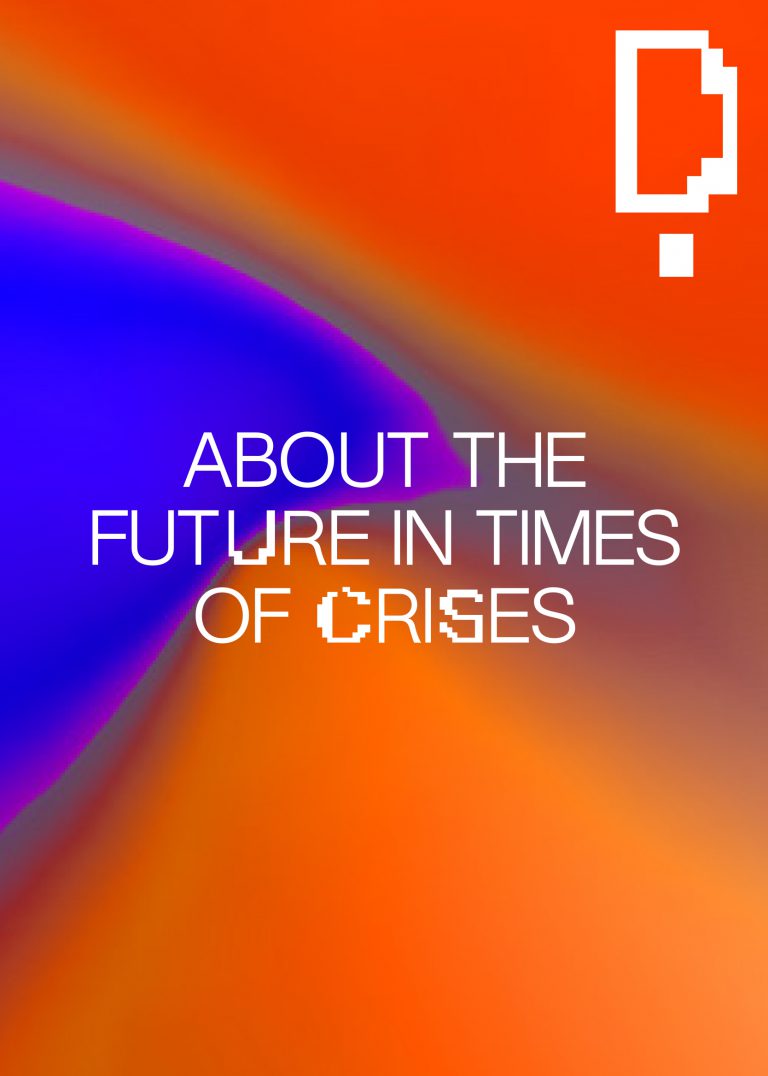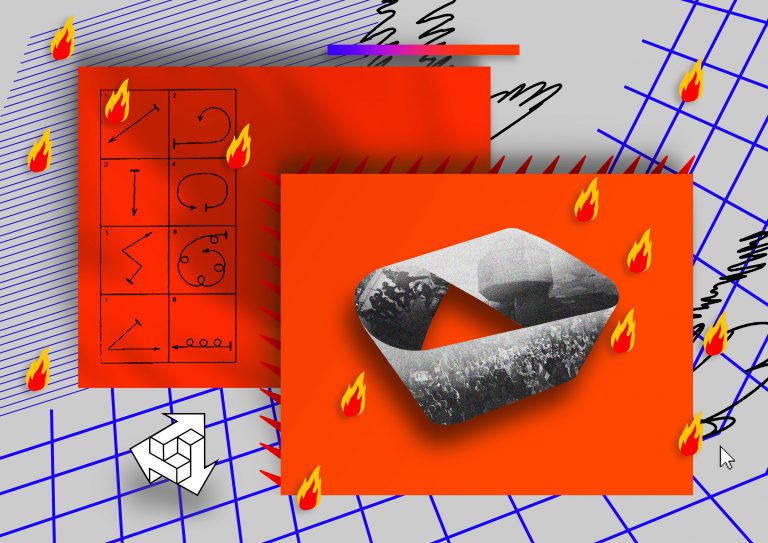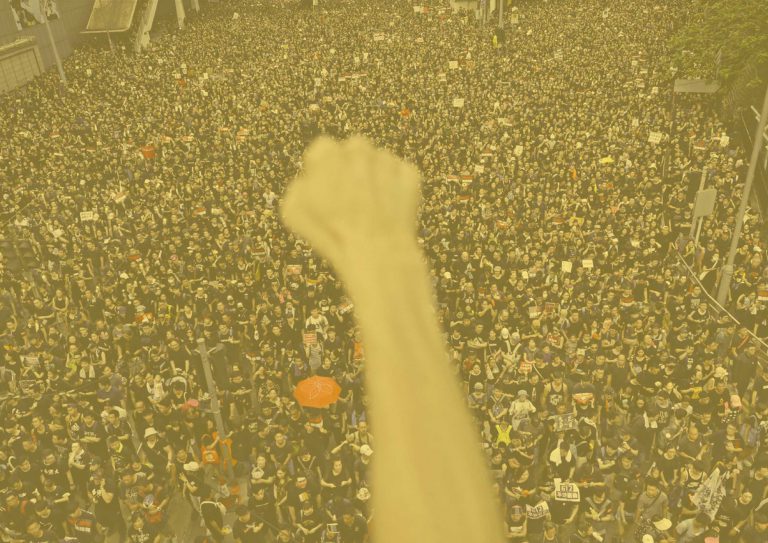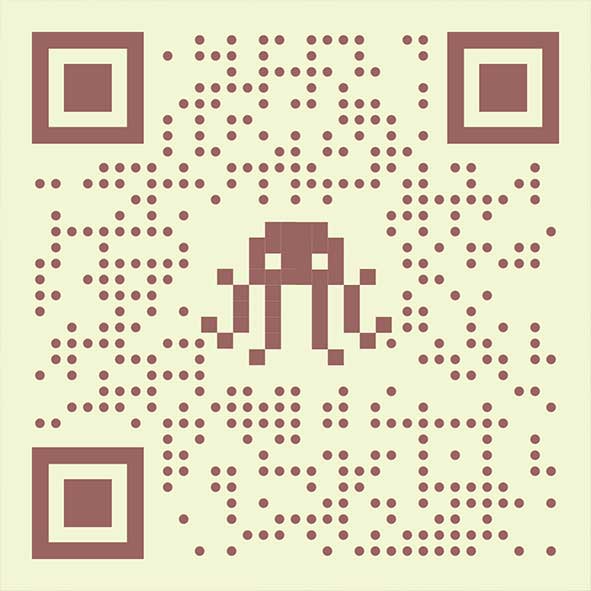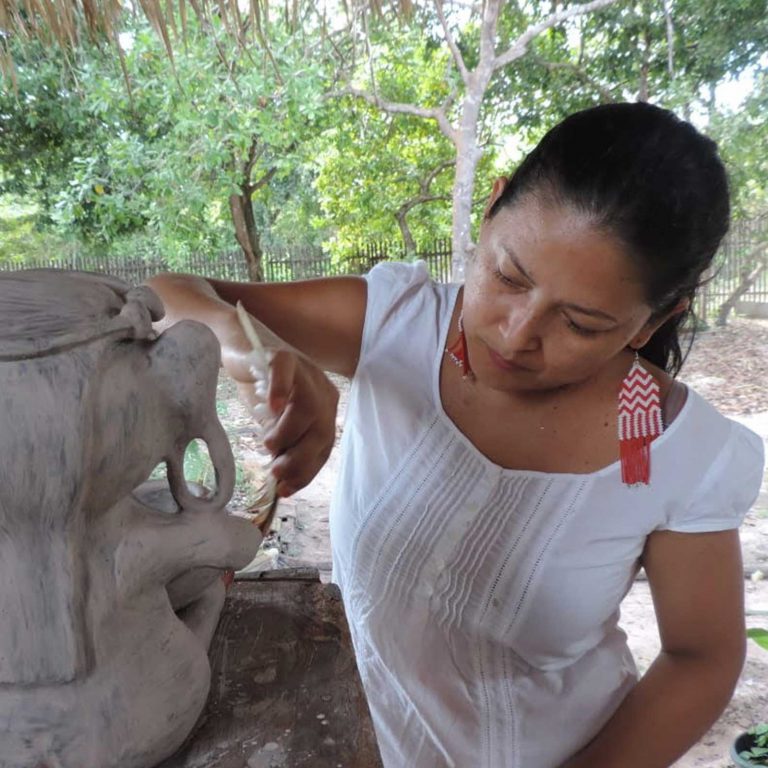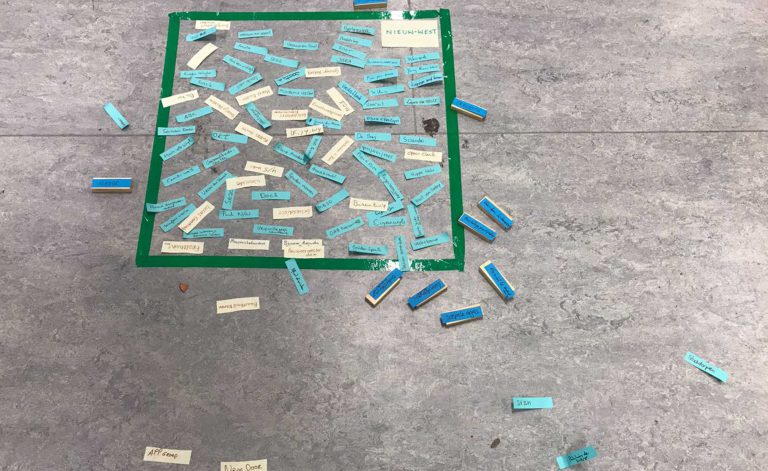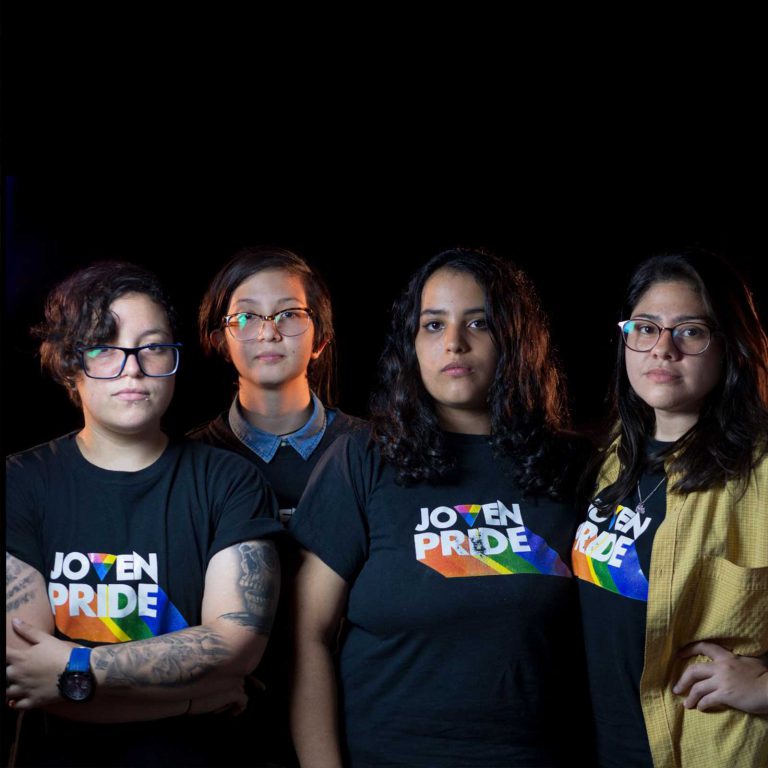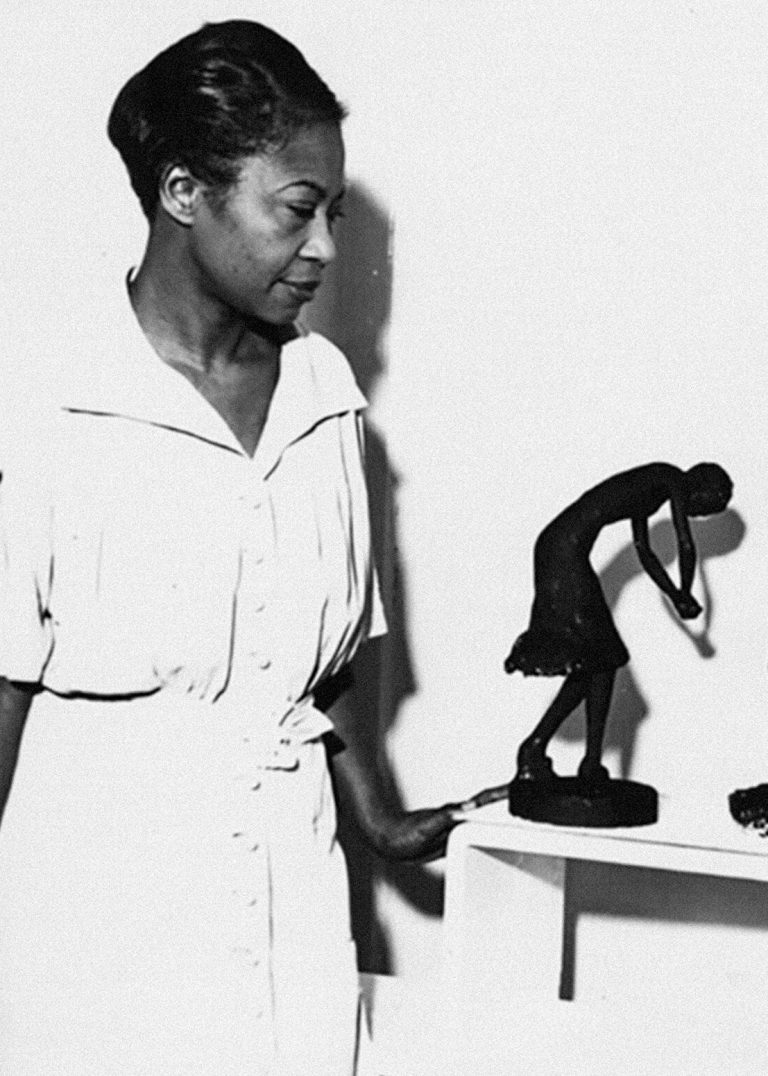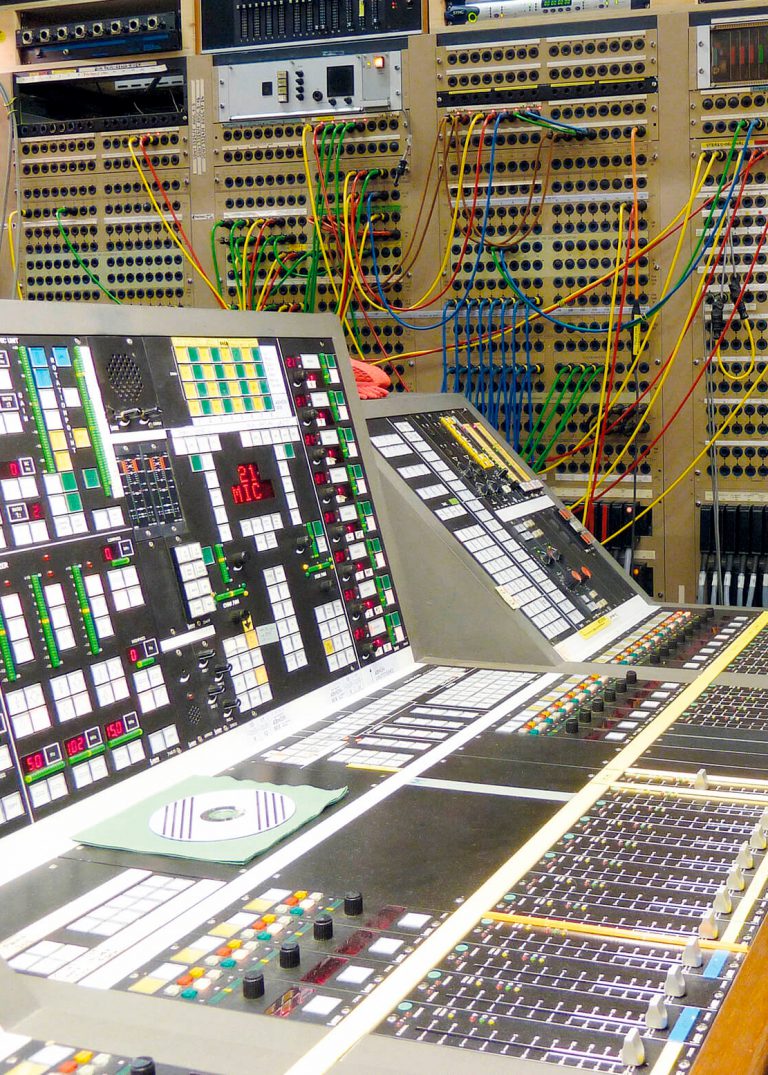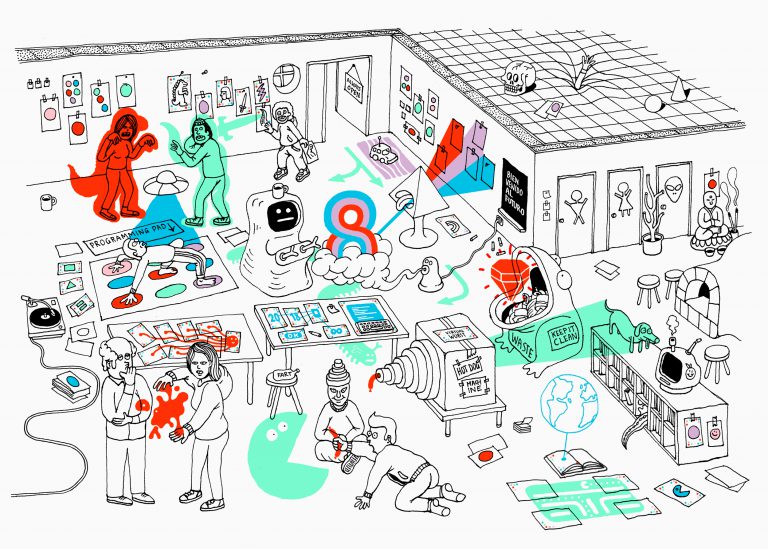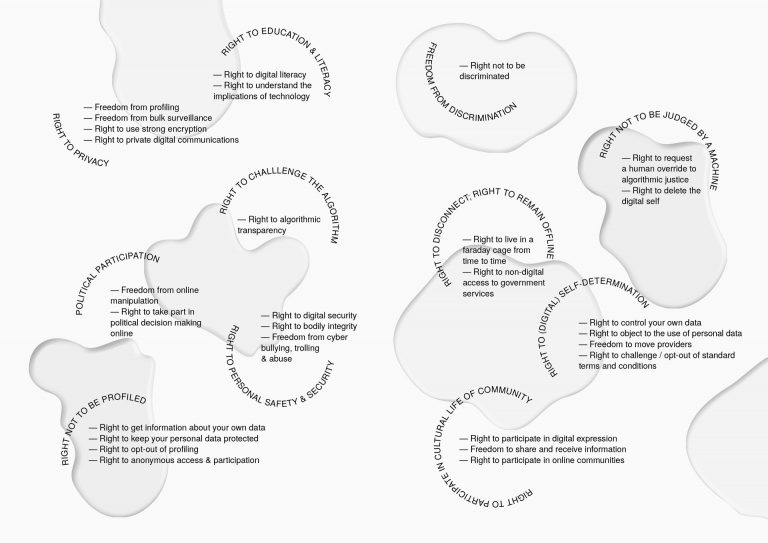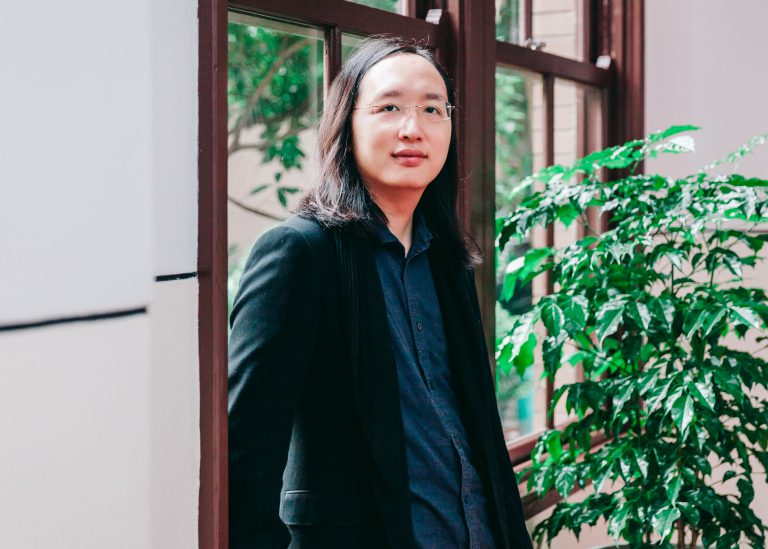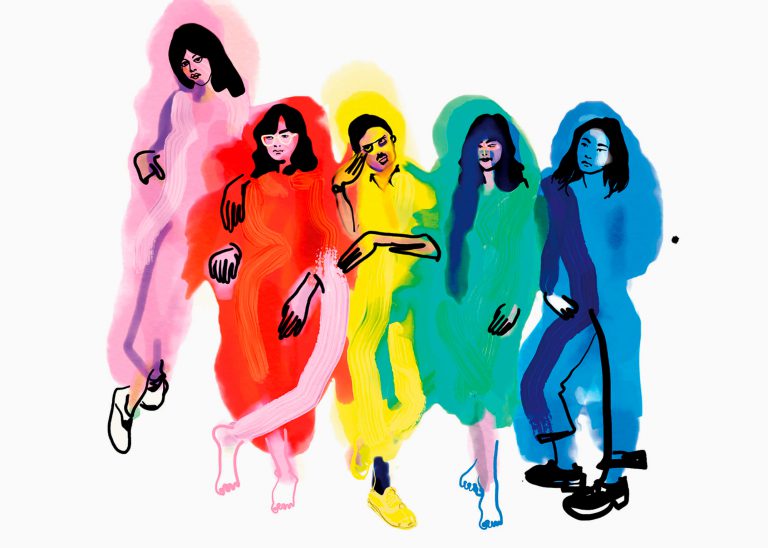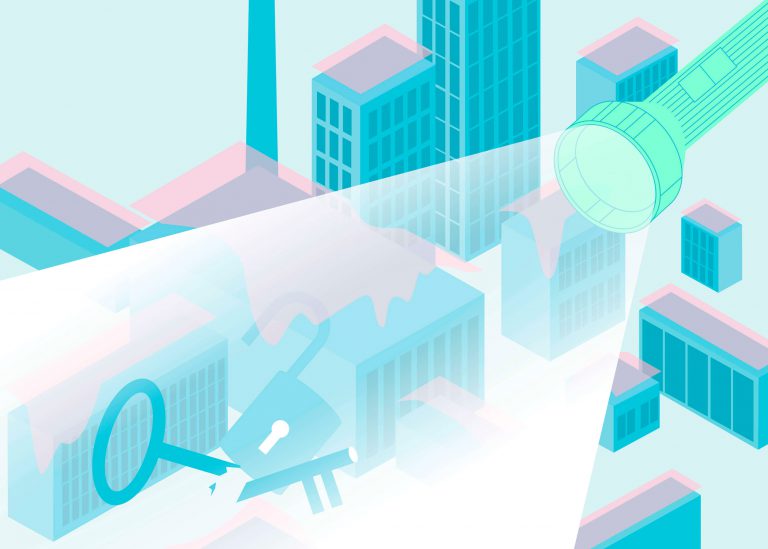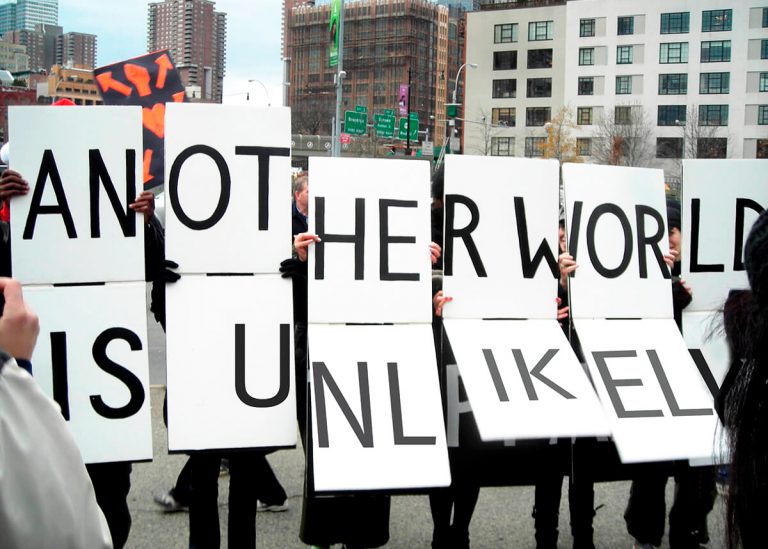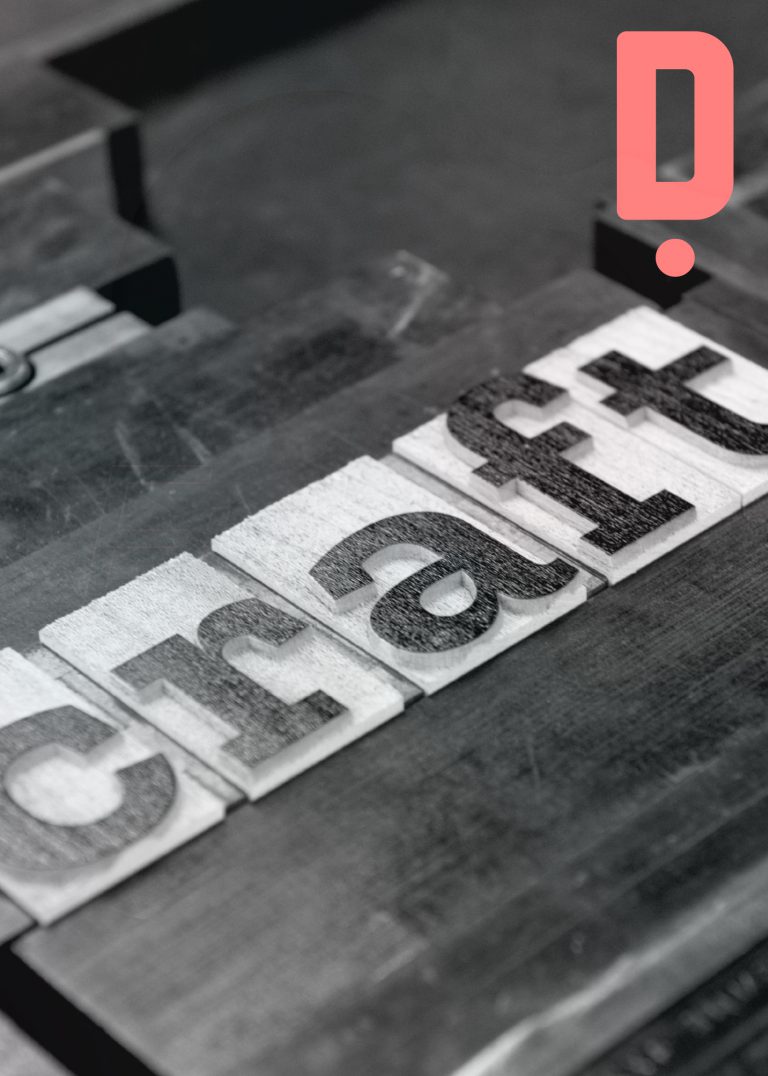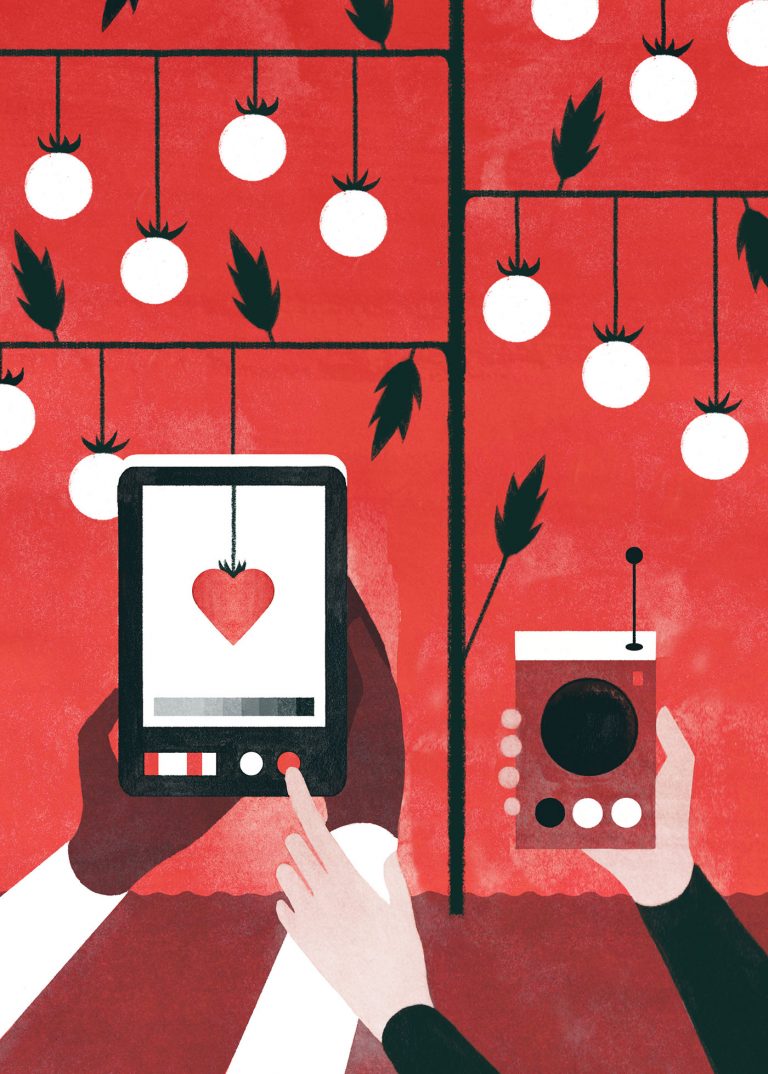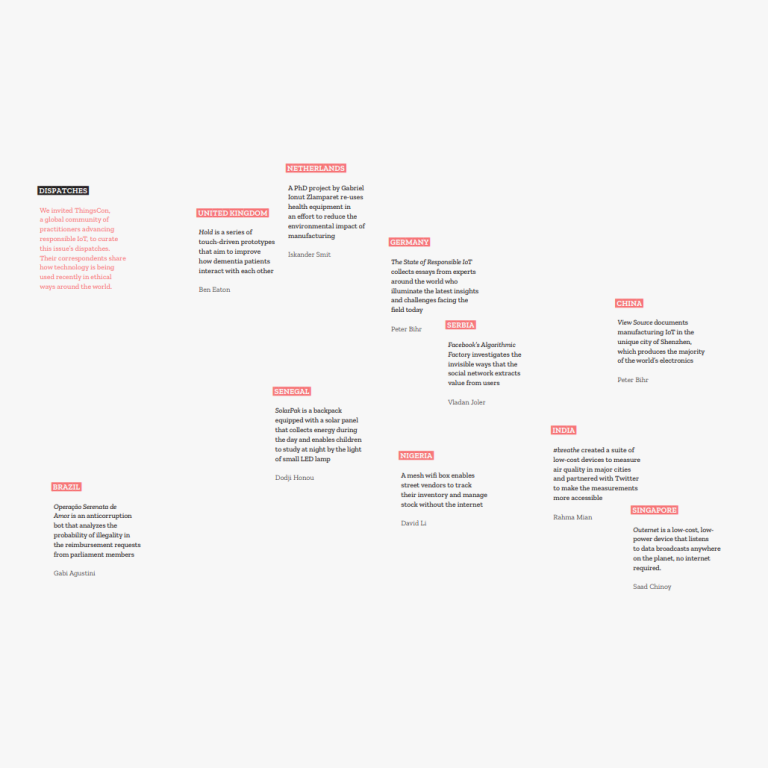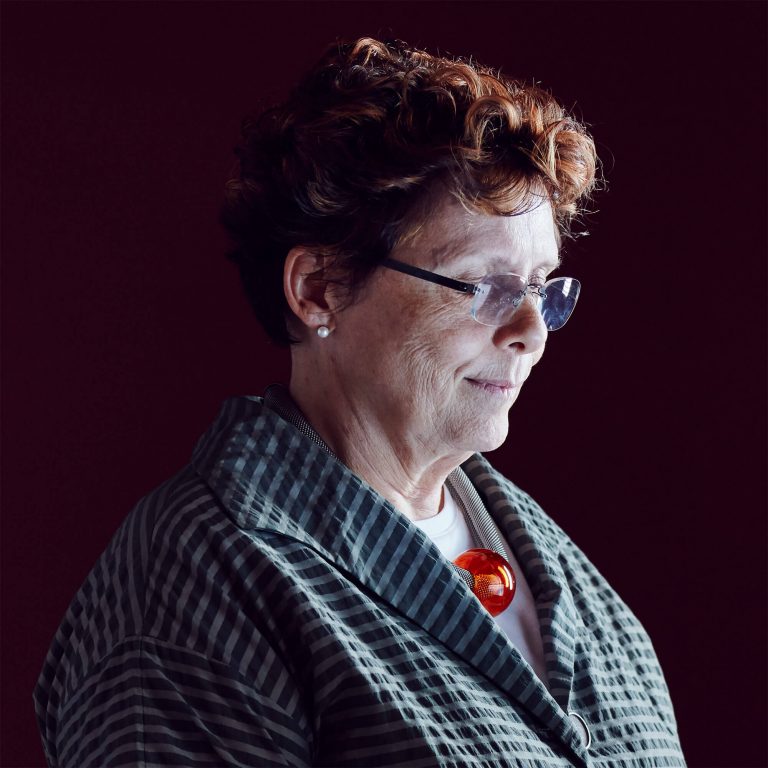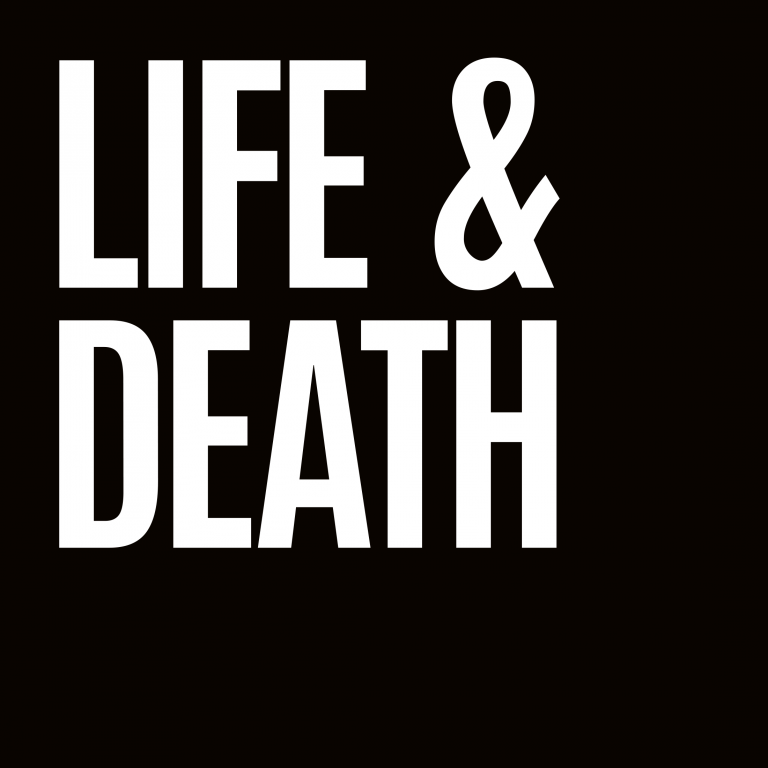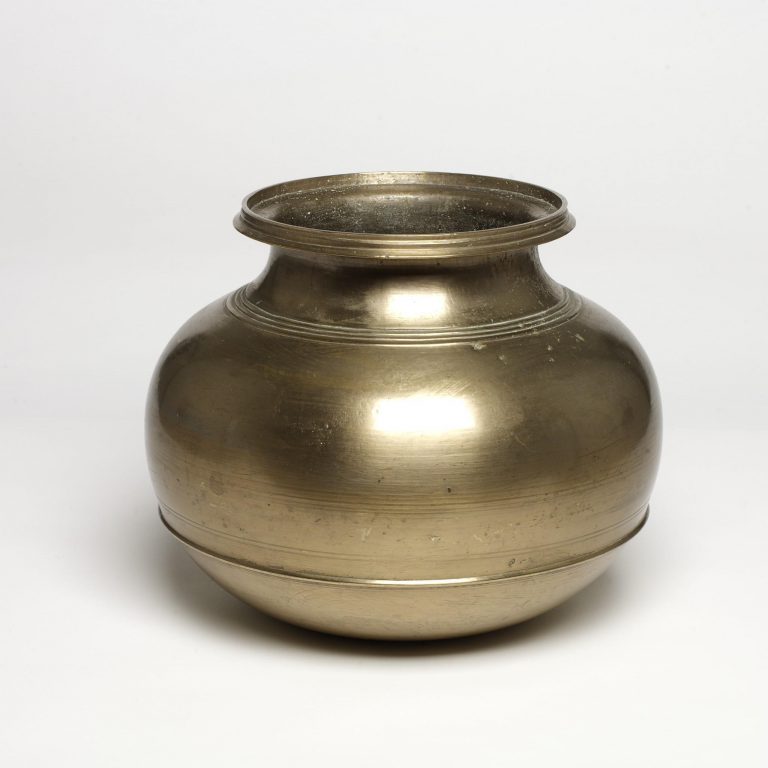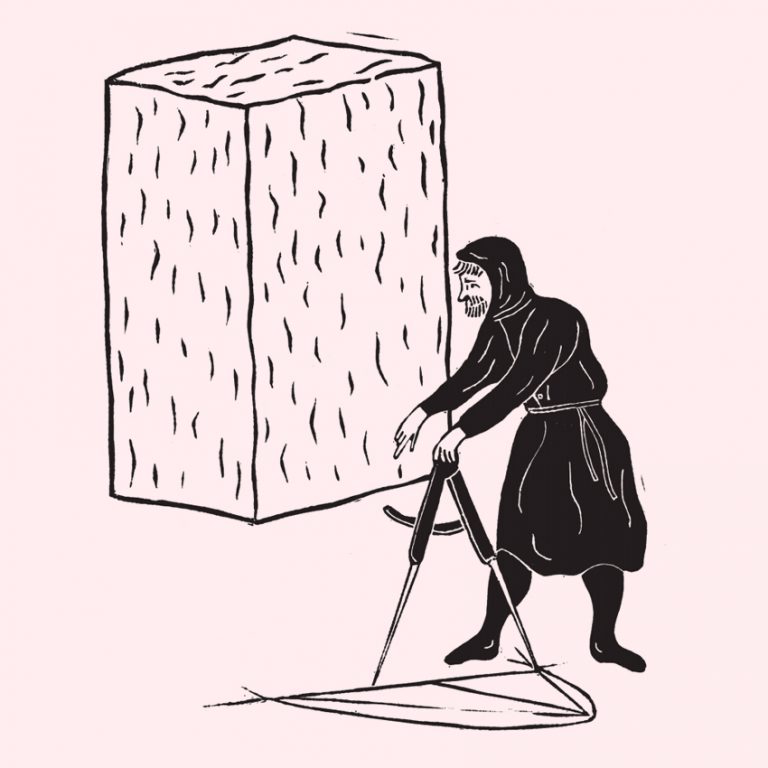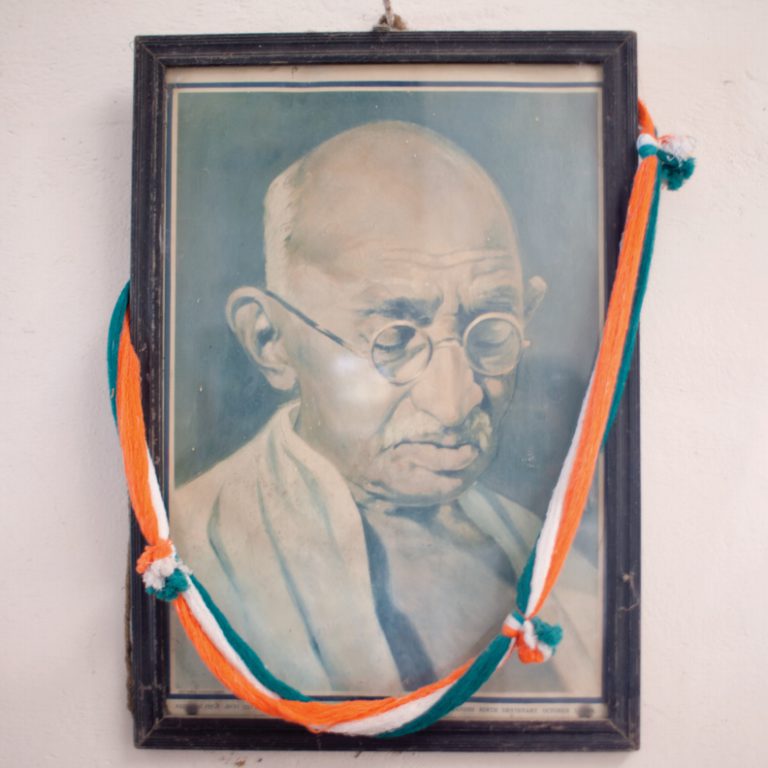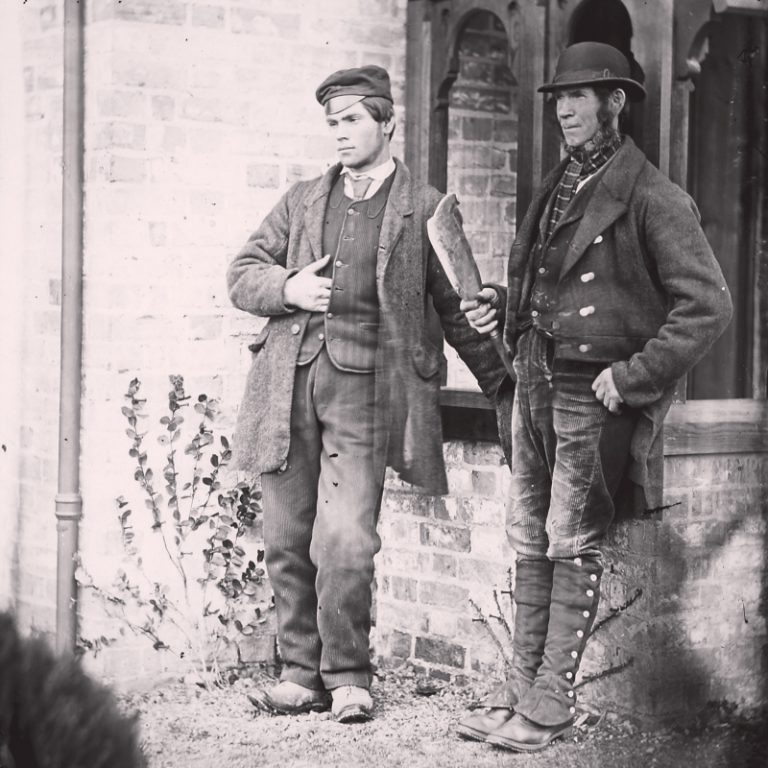The following interview is with a content moderator who wishes to remain anonymous. Their name has been changed.
Mojez: How have you been managing your day-to-day life since leaving your job as a content moderator?
Mercy: I did the job for more than a year and a half, so because I’m not working and because of post-traumatic stress, it’s tough to live a normal life. I was not fired. I just quit because I could not work anymore. It has been really, really tough.
Mojez: What made you quit your job?
Mercy: I could not take it anymore. The content I was moderating daily was difficult for me, and I felt like I had given my all and wasn’t growing in my career. My resilience wasn’t there. I could not look forward to coming to work. I was even scared to the point that I feared moderating because of the videos I expected. I was anxious about the next video that would be waiting online. I didn’t know if I could work normally or if I was going to react to the video. When I felt like I’d reached that corner, I said enough was enough, and quit.
Mojez: You were exposed to very challenging content as a moderator. How has this experience affected you emotionally and mentally? Was any support provided while you were working?
Mercy: We were exposed to a lot of challenging content that distorts your emotions and mental health. For me, things to do with suicide, child molestation and rape just took me off, especially when a child was involved. And there was a lot of blood and gory content. It made me view life differently. I felt like I wasn’t normal. I had a lot of anxiety even after I left the job. Support was given: we used to go for therapy sessions and if I felt like I couldn’t work anymore, I would ask for help from my colleagues.
At the start of the project it was easier to ask for help when I needed it but as time went by and new management came in, we were given less and less time for therapy. Sometimes I really needed a break, but let’s say I went to a therapist for 20-30 minutes or so, sometimes they would even come for you, saying you were needed back at work. You felt like you hadn’t unwound, you weren’t ready to go back to work. It has taken a toll on my mental and emotional health. Although we were given the help we needed, it wasn’t enough.
Mojez: You were given therapy but when they called you back to work, it was because the company values the work more than the worker.
Mercy: Especially the night shifts were tough. When one person left, the others could be overwhelmed with work or the team manager find himself up to his sleeves. Maybe we wouldn’t work as much and he’d feel the pressure. There’d be a lot of back-log. If we complained or said we were too few, or the work was too much, it should have been up to the management to add more people. They shouldn’t have sacrificed our therapy sessions or wellness time to make up the work.
Mojez: Content moderation can be very isolating and intense. If you think of your life before the work as a content moderator and your life now, after having worked in the job, what has changed for you?
Mercy: I have noticed a lot of changes in myself. Before, I was this bubbly, outgoing, extroverted person who viewed life as something to celebrate and live. But as you said, this job is very isolating and intense. You don’t even realise the changes in yourself, maybe until you leave. That’s when you know it has taken a 360 degree turn on your life.
So, after leaving content moderation, just sitting back and looking at my life, I have become an introvert. I’m not as cheerful as I used to be and I don’t like being in a crowd. I don’t even want to go out because I’m anxious. I’ve moderated many accidents. It makes me not even want to board a bus because I just think we will be in an accident. When I get that way, I have to alight and try to breathe. Maybe I walk wherever I’m going because I’m scared of going back. If I go out, now I have to call my friend or my sister or somebody just to come and take me from home. You see it’s unhealthy because sometimes nobody is around to help you.
It has also affected how I relate with my family and the people close to me because they do not understand. The therapist is the only person I can talk to. I’ve been trying to journal because there are times when I’m not emotional at all – or sometimes I am over-emotional and do not understand why. Sometimes, if somebody asks me, ‘Why are you crying?’ I myself don’t even know.
Sometimes, I have such mixed reactions I cannot even put a name to the emotion I’m feeling at that particular moment. It is a lot. I have changed. I am not the person I used to be and I’m unhappy about it. I have to put in a lot of effort to learn and understand who I am right now, and what I want to go back to, or what I am looking forward to fin order to be able to live my life.
As of now, I feel like my life is not as meaningful as it used to be before I came to content moderation because of the things that I’ve seen. Even in my wildest imagination, I never thought these things existed or that there was this world, you know? I view life very differently to an average person. I don’t know if you understand me, but it’s a lot, a lot.
Mojez: It’s definitely a lot and it’s very, very sad. What kind of support have you found most beneficial in dealing with the after-effects of your work?
Mercy: I am seeing a therapist who has been really patient and is very helpful. He helps me navigate my daily life and understand where some emotions or behavioural changes are coming from, how to track them down to a source, and pick myself up to be well again.
The second thing is joining a content-moderation union. It makes me feel I am not alone, that I have a group people who understand me since they too have done the job. Interacting with them gives me insight into how to be better or heal again. It also gives me hope that although I have left and some of my brothers and sisters are still working there, the union can change a thing or two for them to be noticed and OK.
I’ve also been trying to explain what I’m going through and the kind of support I need from my inner circle – my family, parents, siblings and friends. I thank God they have been coming through to help me navigate life and that they want to understand what is going on and how they can help.
Another is the activists who reach out to me to understand how life has been and is now, because I’m not working and cannot even get up for my daily needs. If even one or two people come through for me, it means a lot.
Mojez: My last questions are about the future. What changes would you like to see in the industry to better support moderators during and after their tenure? What are your aspirations for the future and has your experience as a content moderator shaped these goals?
Mercy: First and foremost, I want to create awareness. Before I came to content moderation, like many people I didn’t know this job existed, or rather, that it is done by people. Most people think it is AI that moderates the content that’s put on digital platforms. They must come to understand this job is done by people who have families. Also that, if you’ve done content moderation, you are not OK and need support. If we can create this awareness, then it could be OK.
The second thing is that I want companies and the government to understand the importance of mental health. We should have professional therapists to look out specifically for the content moderators. The government should come through in terms of labour laws, wages and salary levels. What people are being paid, for the amount of work and its nature, does not align with the kind of pay moderators are getting.
A third thing is to emphasise proper training and transparent advertising. Advertise the job as content moderation, not as something else. When somebody takes on the job, they can understand and prepare themselves for what they’re going to do and what it entails. And just as the government requires training for morticians, doctors, police officers and soldiers, they should be training people who work in content moderation. The aftermath of the job, its effects, can lead to people being admitted to mental institutions, which is not OK. These people have families. Some are parents, some have siblings or young ones looking after them. People must understand what they’re getting into and have proper channels and guidelines in place for them to be protected.

